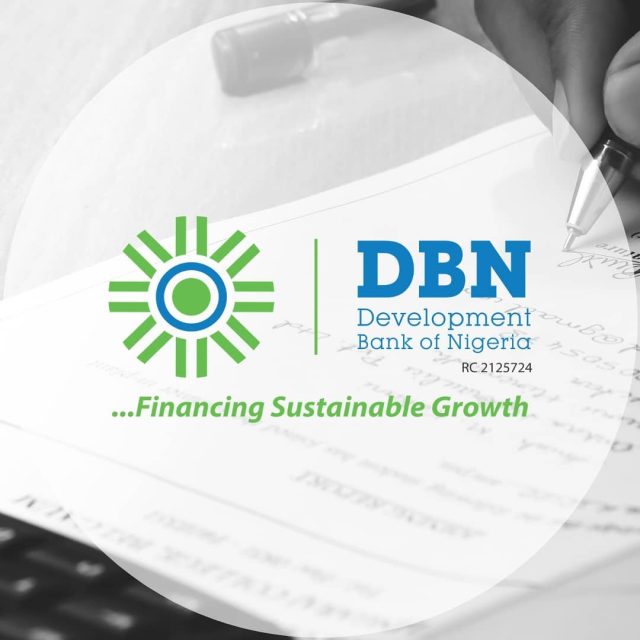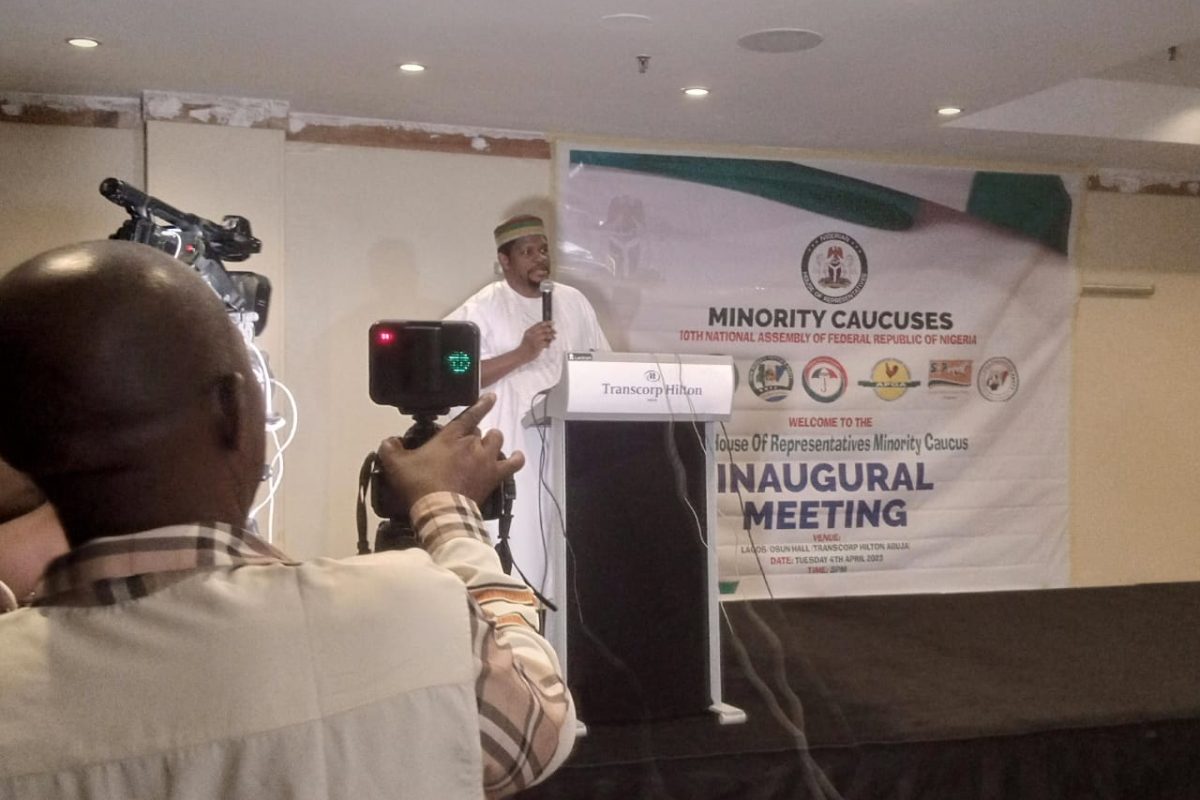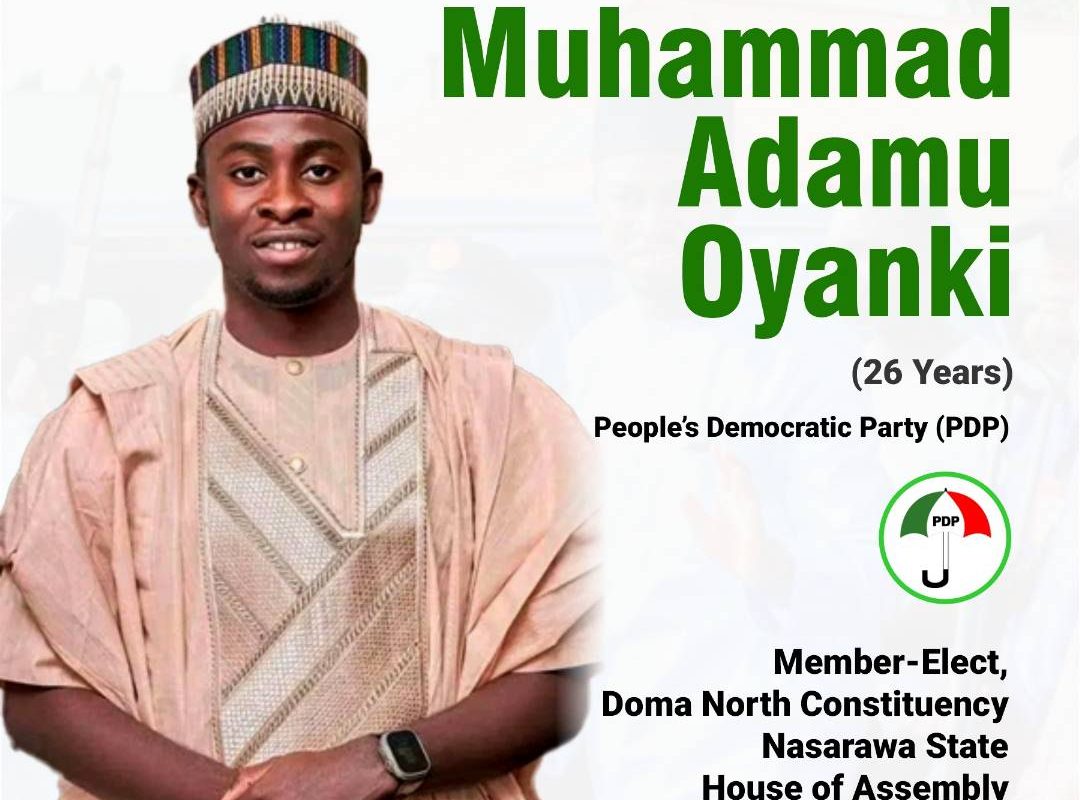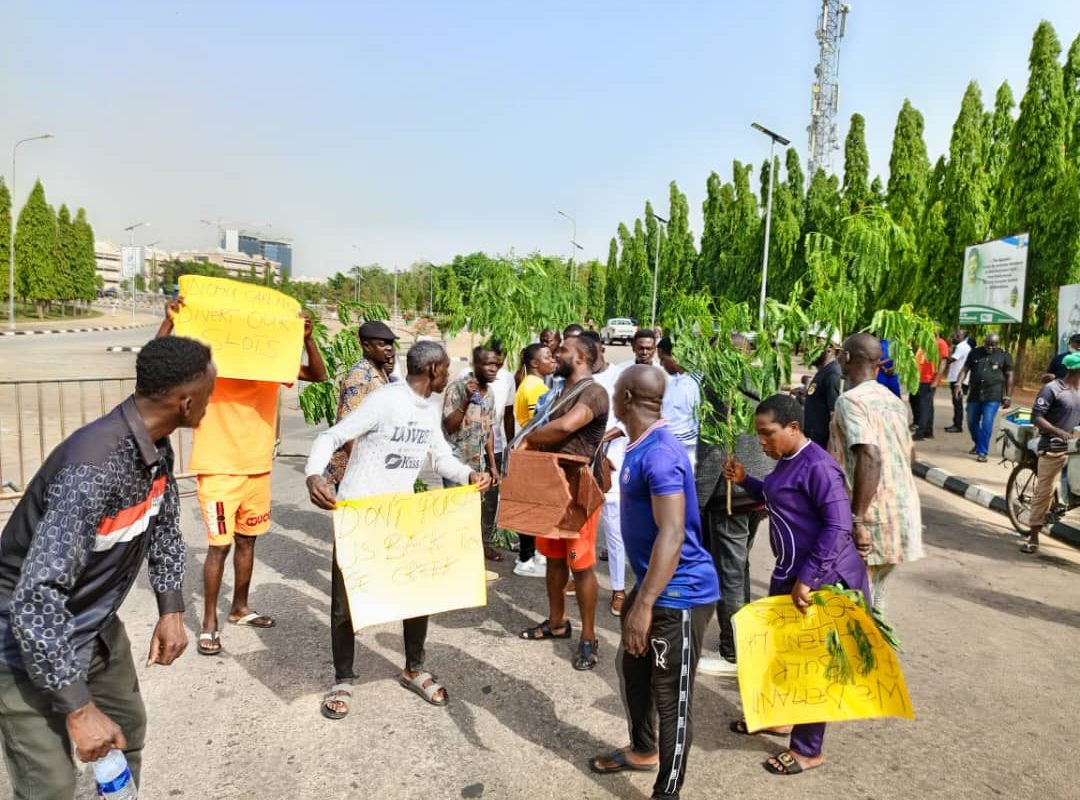
This was contained in a motion sponsored by Senator Ali Ndume (APC, Borno South) and co-sponsored by Senator Ibrahim Mohammed Bomai (APC, Yobe South) during Wednesday’s plenary at the Red Chamber.
In his presentation, Senator Ndume noted that the loan was worth four hundred and eighty-three billion naira (483,000,000,000) only, out of which only 11% went to the 19 states of northern Nigeria, while 47’% went to Lagos alone.
READ ALSO: NASS Renovation: Senate worried about pace of work, issues marching order
According to the Bank’s Annual Integrated Statutory Report 2021 obtained on 13” July 2022, 11% of the loan that went to the North totals about fifty-three billion, one hundred and thirty million Naira (N53,130, 000, 000), while 47 per cent went to Lagos State alone totalling two hundred and twenty-seven billion and ten million naira (227,010,000,000).
Giving a breakdown of the disbursement, the lawmaker stated that the loans were given out to the country’s six geopolitical zones, where the data showed that the South West accessed the lion’s share with 57% of the total loan, which is estimated to be around two hundred and seventy-four billion, seven hundred and forty million naira (N274,740,000,000).
“South South accessed 17%, which is roughly eighty-one billion, nine hundred and forty million naira (81,940,000,000) only; the Federal Capital Territory (FCT) and the North Central region accessed 11% which was fifty-three billion and twenty million naira (N53,020,000,000) only.
The South East accessed a paltry 9% which was forty-three billion, three hundred and eighty million naira (N43,380,000,000). while the North-West, which has 5% accessed twenty-four billion, one hundred million naira (N24,100,000,000).
The North East accessed only 1%, the least share of the total loan at four billion, eight hundred and twenty million naira (4 820 000,000).
The Development Bank of Nigeria exists to alleviate financing constraints faced by Micro, Small and Medium Scale Enterprises (MSMEs) in Nigeria by providing finance, partial credit guarantees, and technical assistance to eligible financial intermediaries on a market-conforming and fully financially sustainable;
The top five sectors considered for the loan are Oil and Gas (42.0%), Manufacturing (16.0%), Agriculture, Forestry and Fishery (7.2%), Trade and Commerce (6.3%), and Transportation and Storage (3.5%),” Ndume noted.|
READ ALSO: 2023 Budget: Senate frowns at inclusion of ‘meeting’ as capital project
The lawmaker lamented the lack of awareness of the existence of the loan or even the Bank (DBN), religious belief that precludes Muslims from taking interest loans, considering that the bulk of people in the North are Muslims, and lack of formalisation of business as most loans require that one has a registered company, Corporate Bank Account, and a good business plan has hampered the uneven loan disbursement.
Accordingly, the Senate resolved to set up an ad-hoc Committee to conduct a holistic investigation into the matter and report to the Senate. It also urged the DBN to ensure the equitable disbursement of the loan in the six geographical zones of the country, just as it urged the bank to expand its loan facilities beyond the five sectors already captured.
Ojochenemi Onje-James
Ojochenemi Onje-James is a research writer and journalist with years of proven footprints in areas of crime and politics. She has a M.Sc in International Relations and Strategic Studies as well as a B.Sc in Mass Communication.



